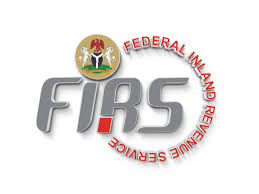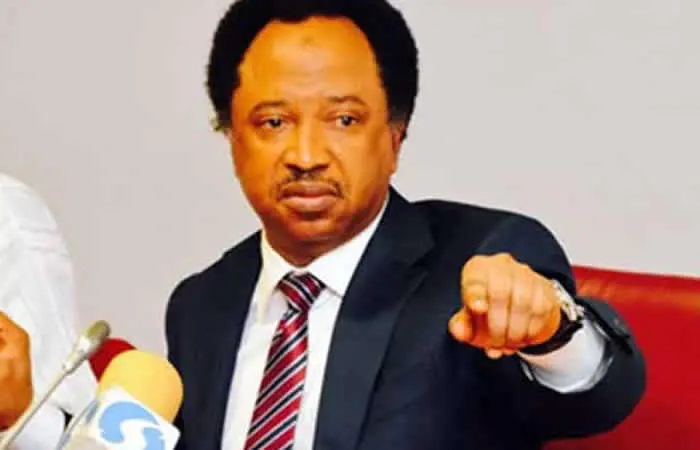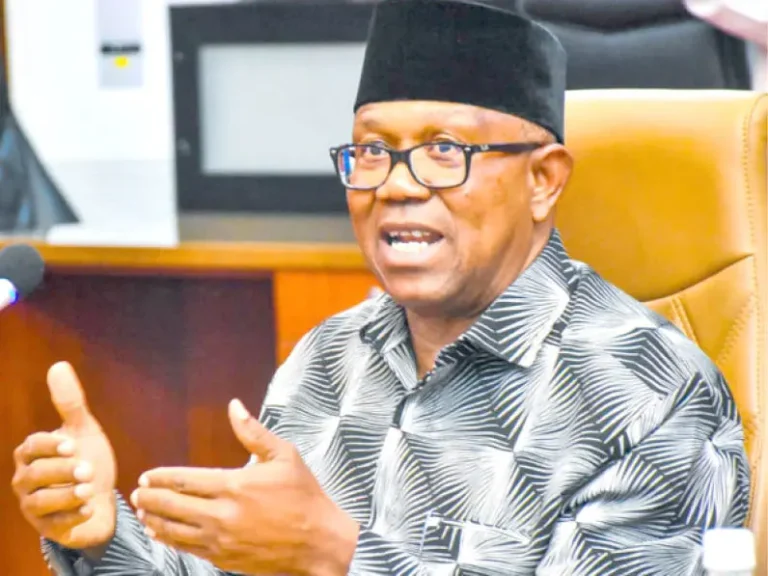
Stakeholders from across the business, academic, and civil society sectors gathered in Kano on Saturday for a crucial roundtable aimed at demystifying Nigeria’s newly enacted tax reform law and sensitizing the public on its provisions and benefits.
The engagement jointly organized by the Office of the Senior Special Assistant to the President on Community Engagement (Northwest) and the Federal Inland Revenue Service (FIRS), served as a platform to dispel widespread misconceptions about the legislation and promote a better understanding of its implications for individuals and businesses.
In his opening remarks, Abdullahi Tanko Yakasai, the Senior Special Assistant to the President on Community Engagement (Northwest), said the initiative became necessary in light of misinformation surrounding the new tax policy.
“There has been a lot of misunderstanding about the new tax law. This engagement is designed to clear the air and provide accurate information, especially on how the revenues will be shared—50 percent on equal basis among states, 30 percent based on consumption levels, and 20 percent based on population,” Yakasai explained.
He emphasized that the new law provides substantial relief to small and medium-sized enterprises (SMEs) and low-income earners, pointing out that the minimum annual turnover required for corporate taxation has now been raised from N25 million to N50 million.
“For individuals, one must earn at least N800,000 monthly before becoming liable for personal income tax,” Yakasai noted.
“Additionally, there will be no tax on essential sectors such as food commodities, healthcare, or education. And the widely criticized inheritance tax has been completely removed,” he added.
The Presidential aide also disclosed that members of the armed forces are now exempt from taxation under the new framework.
He described the reform as progressive, inclusive, and designed with the welfare of ordinary Nigerians in mind.
A major feature of the reform, according to Yakasai, is the harmonization of tax collection systems through a unified digital platform to be administered by the FIRS.
The measure, he said, is aimed at eliminating multiple taxation and ending the harassment of traders and business owners by various revenue agents operating at federal, state, and local levels.
Dr. Zainab Musa, a lecturer at Bayero University Kano, described the reform as a “bold move” towards equity in taxation. “Raising the minimum tax threshold to N50 million is a strong signal that the government intends to support SMEs rather than burden them,” she noted.
DAILY TRUST.




